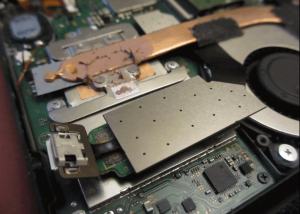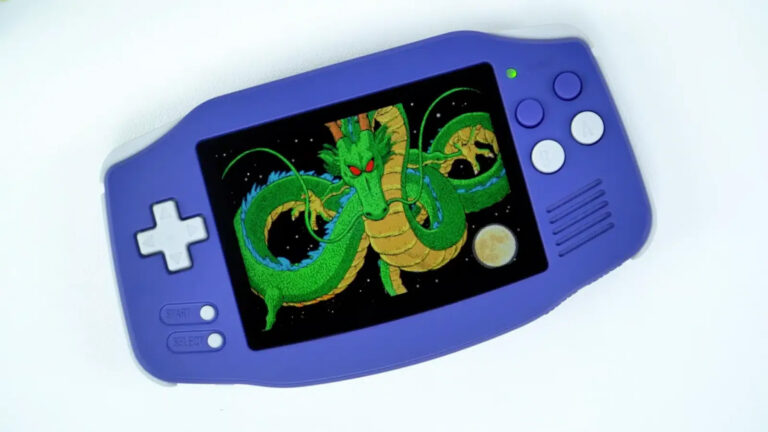Switch and Switch 2 users who try to hack their consoles or play pirated copies of games may find their devices rendered completely inoperable by Nintendo. That new warning was buried in a recent update to the Nintendo User Account Agreement, as first noticed by Game File last week.
Nintendo's May 2025 EULA update adds new language concerning the specific ways users are allowed to use "Nintendo Account Services" on the console, a term defined here to encompass the use of "video games and add-on content." Under the new EULA, any unlicensed use of the system not authorized by Nintendo could lead the company to "render the Nintendo Account Services and/or the applicable Nintendo device permanently unusable in whole or in part." (Emphasis added.)
That language would apply to both the current Switch and the upcoming Switch 2.
Later in the same EULA, Nintendo adds new language clarifying that it reserves the right to "suspend your access to any or all Nintendo Account Services, in our sole discretion and without prior notice to you." That suspension can even come before a EULA violation occurs if Nintendo has "a reasonable belief such a violation... will occur, or as we otherwise determine to be reasonably necessary for legal, technical or commercial reasons, such as to prevent harm to other users or the Nintendo Account Services."
Play inside the lines
So what kind of Switch usage counts as a "violation" here? Unsurprisingly, playing pirated games is high on the list; the EULA now specifically calls out "obtain[ing], install[ing] or us[ing] any unauthorized copies of Nintendo Account Services." That language would likely apply to users with hacked console hardware and those who use any number of third-party flash carts to play pirated games.



 Loading comments...
Loading comments...
